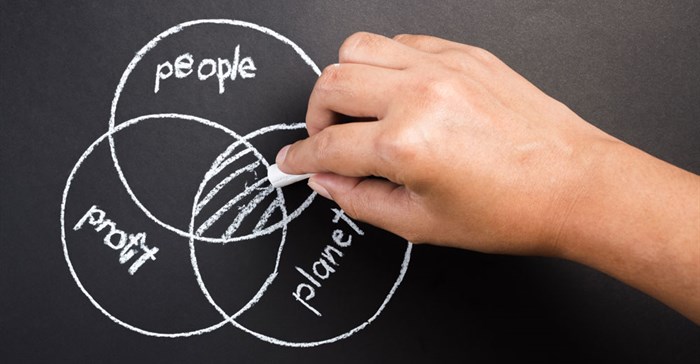
The report illustrates how such standards - ready-made tools for businesses and supply chain actors - can help accelerate progress on many of the sustainable development goals (SDGs) while delivering direct benefits for companies and small-scale producers.
“Poverty, inequality, water scarcity, climate change and the loss of biodiversity are significant risks for business and aligning with the SDGs represents an opportunity,” says Richard Holland, director, Global Conservation Division at WWF International. “While leading companies have already made far-reaching commitments to help address climate change, deforestation and decent work, the majority of business sectors are not yet delivering on their responsibility towards the Agenda 2030.”
Credible, multi-stakeholder standards embody the partnership spirit of the SDGs, bringing together businesses, NGOs, governments and others to work toward common goals that benefit business, people and the planet. They are an important mechanism to help companies reach their targets by scaling up sustainable practices. Tried and tested on the ground, they can be used at every link in the value chain – enabling producers, harvesters and processors to achieve a recognised level of sustainability, and traders, manufacturers and retailers to address the impacts of their supply chains.
Many farmers using sustainability standards have seen net increases in their incomes due to productivity and quality improvements. The Better Cotton Initiative (BCI) 2014 Harvest Report found farmers following the BCI standard across seven countries had yields 23% higher and profits per hectare 36% higher than conventional cotton farmers, while using less water and chemical inputs. For certified coffee farmers, this has translated among other benefits to improved school attendance of their children.
In Indonesia, Roundtable on Sustainable Palm Oil (RSPO) smallholder certification is taking pressure off elephants and tigers in Tesso Nilo National Park where French retailer Carrefour has been working with WWF to support smallholders to achieve RSPO certification. Smallholders taking part in the project have managed to increase productivity through better management practices, without expanding into the national park.
For businesses, certification helps to manage risk. The social and environmental impacts of palm oil production for example represent a significant risk for investors. To mitigate these risks, a number of finance institutions, including the International Finance Corporation, Credit Suisse and Rabobank, require their clients to achieve RSPO certification.
“Over the next 13 years, all countries are expected to make progress across all of the SDGs. Considering the overarching focus of the SDG agenda on people and the environment, it is clear that sustainability standards can play a crucial role in its implementation,” says Norma Tregurtha, senior policy and outreach manager at ISEAL. “By providing an independent, verifiable method to assess whether or not a certain level of performance on sustainability is reached, standards and certification systems can serve as a measure of progress against the SDGs.”
Direct benefits for businesses from using sustainability standards can range from efficiency gains through improved management practices, increased transparency and traceability throughout the whole supply chain to better quality relationships between suppliers and buyers.